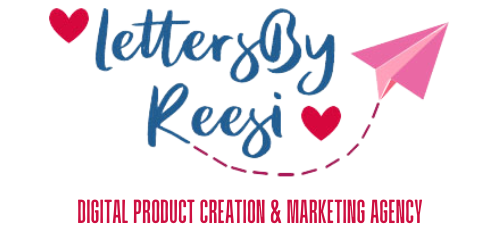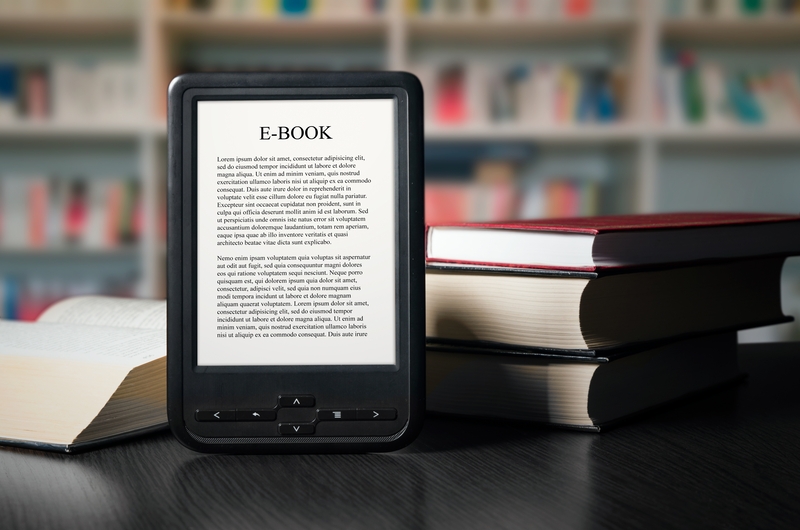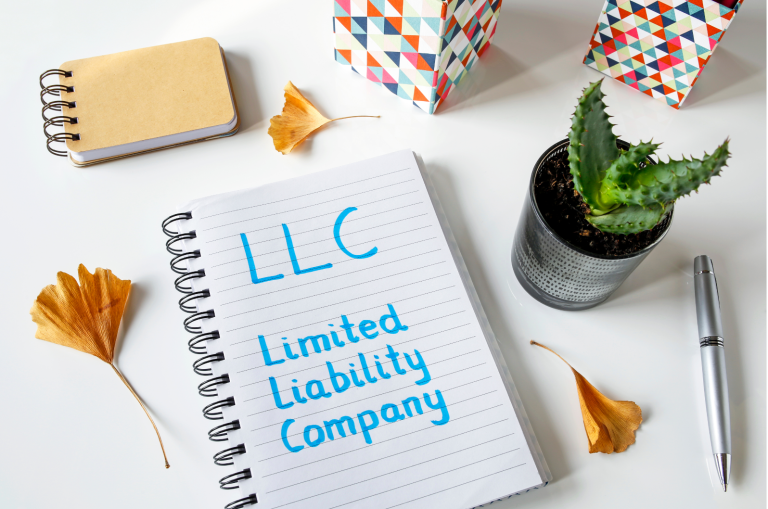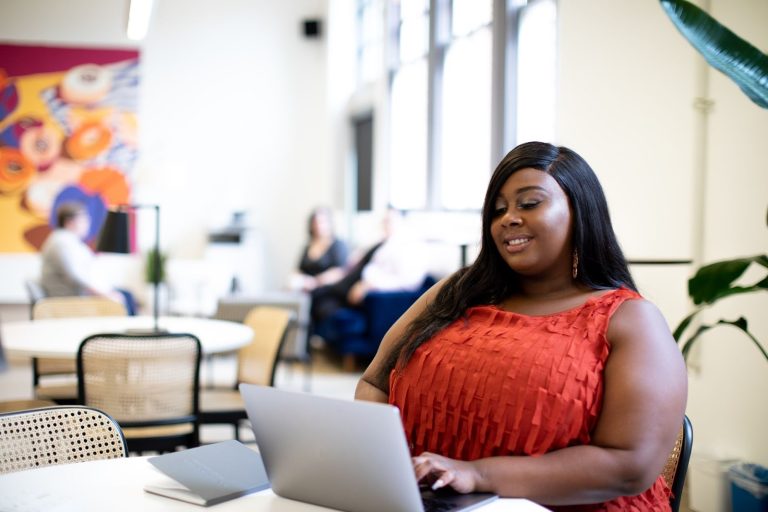The law of reciprocity works in a straightforward way – if you do something nice for me, I will feel obligated to reciprocate.
The reciprocity rule is so entrenched in society that we are obliged to repay invitations, kindness, or gifts. When people feel obligated, they are more likely to agree to a request.
For example, when I went with my friend to lunch last week, she offered to pay. I immediately promised to pay next time. And for sure, the next time I met her I paid for lunch.
The reciprocity rule is supported by a study that showed that if waiters give their customers mint, the customers tipped more by three percent. The tips increased by 14 % when the customer gifted them two mints.
Offer A Free E-book To Attract More Clients
There are different ways that you can use this principle to improve sales.
Offer Your Customers “Free” Gifts

For example, if you own a coaching business, you can introduce a free component in your marketing strategy to create a relationship of indebtedness between you and the potential buyer of your product.
These “free gifts” could include digital newsletters with information that is of interest to a prospective client. You can also offer your target customers a free e-book when they enroll on your mailing list.
This is a powerful technique that will cause potential clients to like you and feel indebted to you.
Most commonly, after receiving a newsletter or free e-book, the individual will agree to learn more about your program. They might also decide to purchase some.
The reverse is true. If you do something that negatively affects your customer, they will feel a deep need to get even as well.
That’s why people will badmouth your business on social media if you do not deliver what you promised. So, be careful when dealing with clients.
Make a Larger Request First

When using reciprocation, you maximize your chances of receiving a yes from a prospective customer by making a large request that will most likely be turned down.
After the rejection, you make a smaller request which you were initially interested in.
At this point, the customer will feel like you made a concession and feel obligated to do the same. The only option that is immediately available to them will be your second request.
As a person who owns a coaching business, you can consistently promote the most expensive package first. If your customer purchases it, you lose nothing.
If they decline, you can come up with a counteroffer of a lower-priced program.
Thank Your Customer

Thank a prospective customer for taking their time to meet you. If you say something that causes people to feel better about themselves, they will have an unconscious need to reciprocate.
You can thank your prospective clients for listening to you during a live session.
Why Reciprocation Works
Reciprocation works because it is rooted in the principles of society. And we’ve been brought up conditioned to be on the lookout for fairness and obligation.
If you don’t reciprocate, you will feel like you are not a good human being and your peers could feel some indignation as well.
Bottom line
Reciprocity is a powerful persuasion tool. But to get the most out of it you need to be the first one to offer a favor. And that favor needs to be personalized and unexpected.
Contact us to get help writing content that will make your customers want to reciprocate by purchasing your programs.







